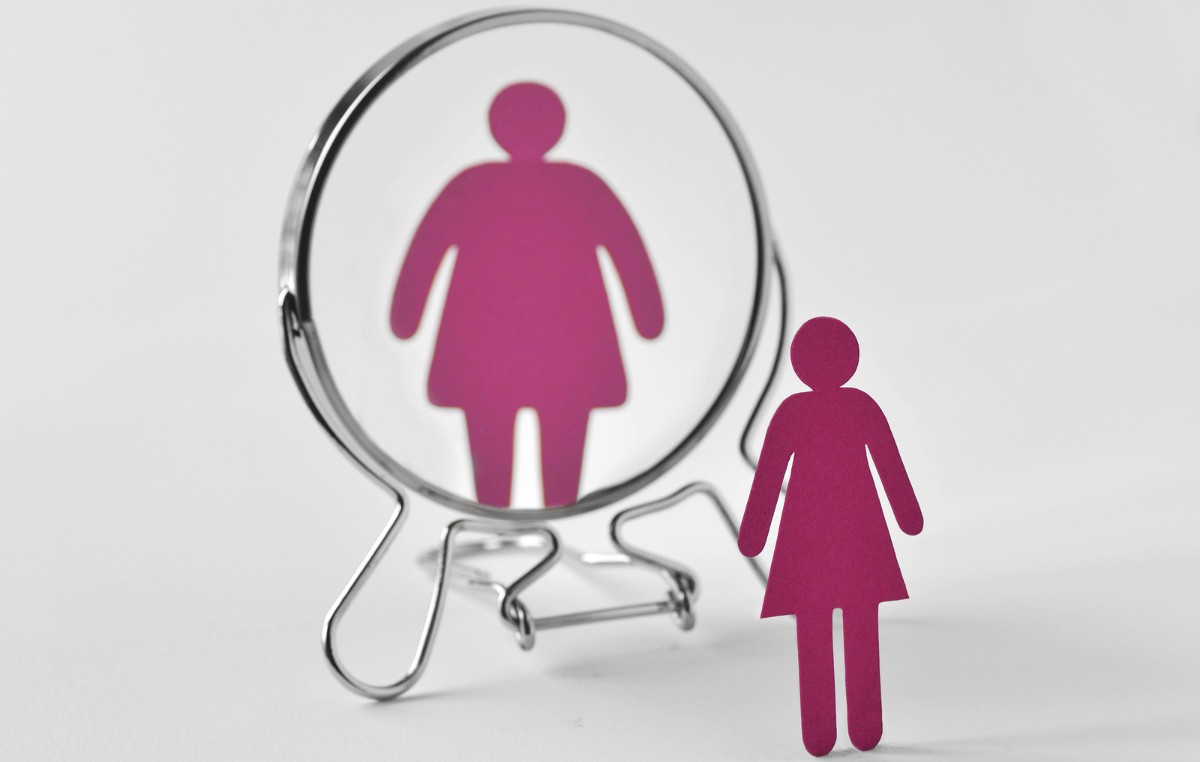
Oxytocin could relieve Body Dysmorphic Disorder
What about transgenderism?
Body Dysmorphic Disorder (BDD) is a nasty mental illness. Sufferers believe that parts of their body look ugly, malformed, misshapen or hideous. It leads them to pick and scratch at imagined blemishes and to have cosmetic surgery. They become socially isolated and even housebound.
(A rarer and more severe form of the disorder is body integrity dysphoria or apotemnophilia. Patients with this condition are obsessed with having a limb amputated or becoming blind or deaf. It’s quite bizarre, but in the 1990s a Scottish surgeon amputated healthy legs for two men with the condition.)
Treatment is difficult. But Australian researchers believe that Oxytocin, a hormone that facilitates trust and attachment (often called the love hormone) can bring relief. In an article published in Psychoneuroendocrinology, they reported that “oxytocin has neurobiological benefits and can be therapeutic for people with BDD.”
“Oxytocin is a powerful hormone produced in the brain which promotes positive behaviours,” co-author Izelle Labuschagne, of Australian Catholic University, says.
“People with BDD have significant social deficits including a bias in how they think others perceive their appearance, so it made sense for us to put the two together. Coming up with new treatments for BDD is important because there isn’t much out there that helps.”
A journalist for Sydney’s Catholic Weekly asked Dr Labuschagne if oxytocin might help people whose self-identity was a different gender. After all, they both share the notion of mental distress over embodiment. She answered that that it was outside the scope of her research and that drawing connections between BDD and transgenderism should be avoided. However, it’s hard not to suspect a connection. Perhaps oxytocin, which has been used to increase empathy, trust , generosity, romance and monogamy, could reduce gender dysphoria as well. It might be worth investigating. It would certainly be cheaper and easier than the arduous transition process.
Michael Cook is editor of BioEdge
Creative commons
https://www.bioedge.org/images/2008images/FB_Slim-Paper-Woman-Looking_(1).jpg
- How long can you put off seeing the doctor because of lockdowns? - December 3, 2021
- House of Lords debates assisted suicide—again - October 28, 2021
- Spanish government tries to restrict conscientious objection - October 28, 2021
